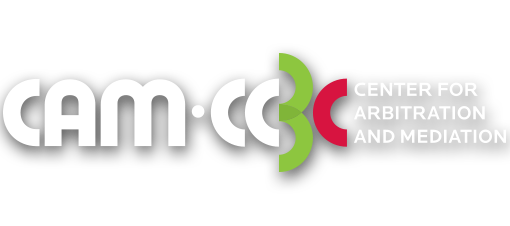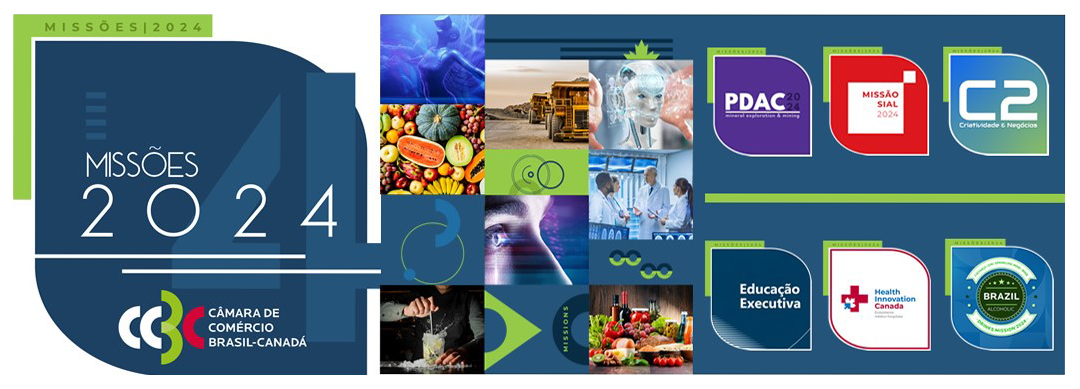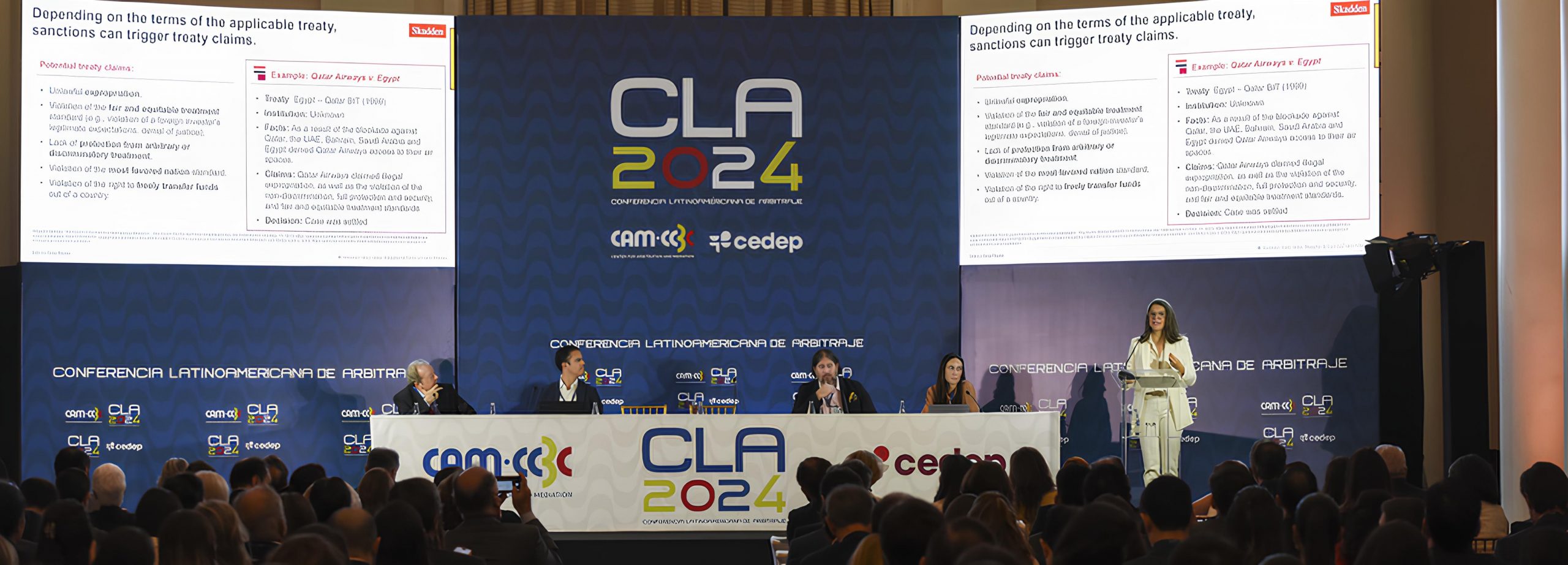The adaptation process has been helping hospitals achieve maturity in their safety culture
By Deborah Oliveira
The pursuit of Canadian healthcare accreditation is gaining traction among Brazilian hospitals and laboratories. They are particularly interested in the Qmentum International methodology, developed in partnership by Accreditation Canada and the Quality Global Alliance (QGA), and brought to Brazil by QGA.
Currently, there are over 300 healthcare institutions in Brazil in the process of accreditation or accreditation renewal, with a notable presence of public organizations, accounting for 75% of the processes, while private ones make up 25% of the total, according to QGA data. Accredited services already number 220. Experts in the field believe that while this number is significant, it represents just the first step in an awareness movement that is expected to gain more followers each year.
This is because, in absolute values, the number of accredited Brazilian institutions may seem substantial, but it actually represents only 6.8% of the total. For comparison, in the United States, 92% of healthcare organizations are accredited, while in Canada, it’s 100%.
“We see a great opportunity for closer ties between Brazil and Canada in this area, with a rich exchange of experiences and significant gains for both sides, as well as for the entire community involved, including patients, their families, and society as a whole,” says Daniella Leite, Director of Associates and New Business at the Chamber of Commerce Brazil-Canada (CCBC). Since 2022, the Chamber has been organizing annual missions to introduce the Brazilian audience to the Canadian medical-hospital ecosystem (Health Innovation Canada) and plans to take its third group there in the second half of 2024.
“QGA has the support of CCBC to establish strategic partnerships with Brazilian institutions in the healthcare sector and demonstrate how they can be brought closer to the high Canadian healthcare standard with Accreditation Canada,” noted Paulo de Castro Reis, Director of Institutional Relations at CCBC.
Differentiators of Accreditation
The program that provides accreditation has its main differentiator in its person-centered approach. While technology and innovation are essential in daily operations, aspects that prioritize the individual as the central point of corporate decisions become even more relevant with the adoption of ESG (Environmental, Social, and Governance) practices. With Accreditation Canada, hospitals become safer environments with higher process quality, resulting in respect and well-being for employees and patients, during and after treatment, which are fundamental for companies to achieve financial sustainability.
“In Canada, the accreditation process encompasses all types of services in a given province, as it is part of a single healthcare network. In Brazil, the Qmentum methodology strengthens the co-creation of healthcare networks, both public and private, by promoting the concept of an ecosystem, similar to how it operates in Canada,” explains Camilla Covello, Chief Growth Officer at QGA.
Camilla explains that the methodology considers all safety processes and quality indicators of the institution to assess and reduce risks. The healthcare institution can include all of its own services or a portion of them to develop specific care protocols for each type of situation, thus providing safer care for the patient. “The method encourages the organization to involve all its teams so that they can contribute to the planning of an integrated care network with a focus on sustainability,” she reinforces.
Even after accreditation is granted, periodic maintenance visits are conducted to monitor the accreditation process of the institutions and make any necessary improvements for continuous enhancement. Based on the overall assessment, the tool recognizes processes so that the institution can achieve excellence from the beginning of care, during consultations, procedures, and surgeries, and also after the patient is discharged.
About the Methodology The Qmentum methodology utilizes international standards defined by highly specialized technical committees. The methodology enables healthcare networks with different types of services, including hospitals, primary care services, home care, laboratories, imaging services, among others, and they can have different levels of maturity within the same network.
The methodology offers two types of Accreditation, Qmentum 360º and Qmentum International. Qmentum 360º has three levels of recognition: Gold, Platinum, and Diamond. Qmentum International is the standard Accreditation, at the Diamond level, and it is the methodology applied in Brazil.





